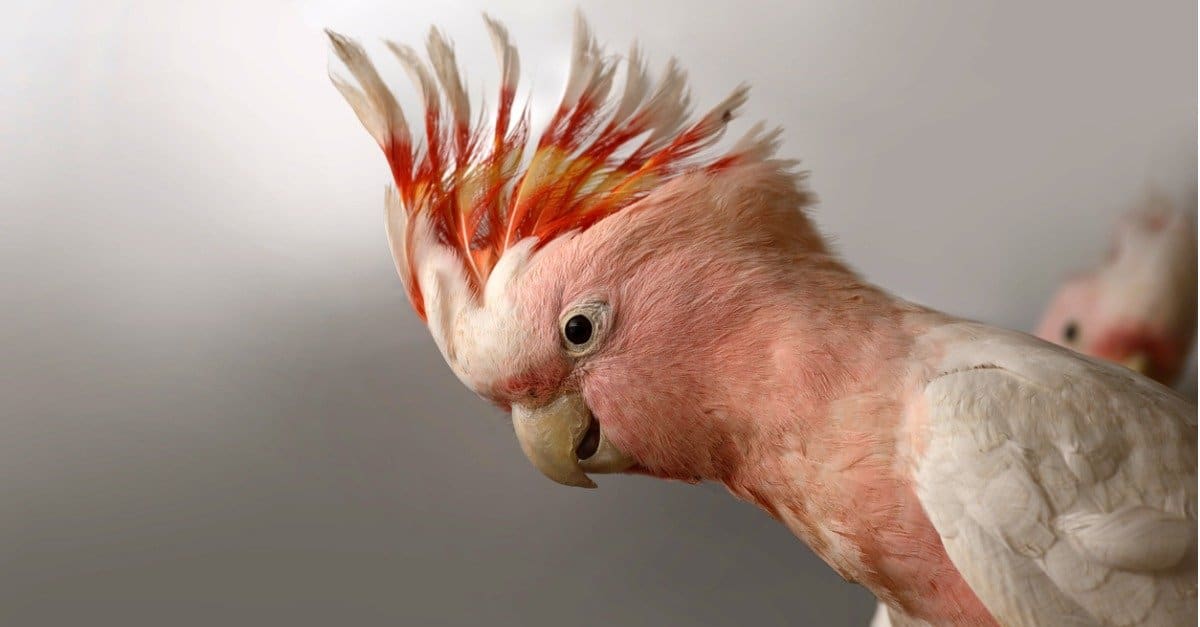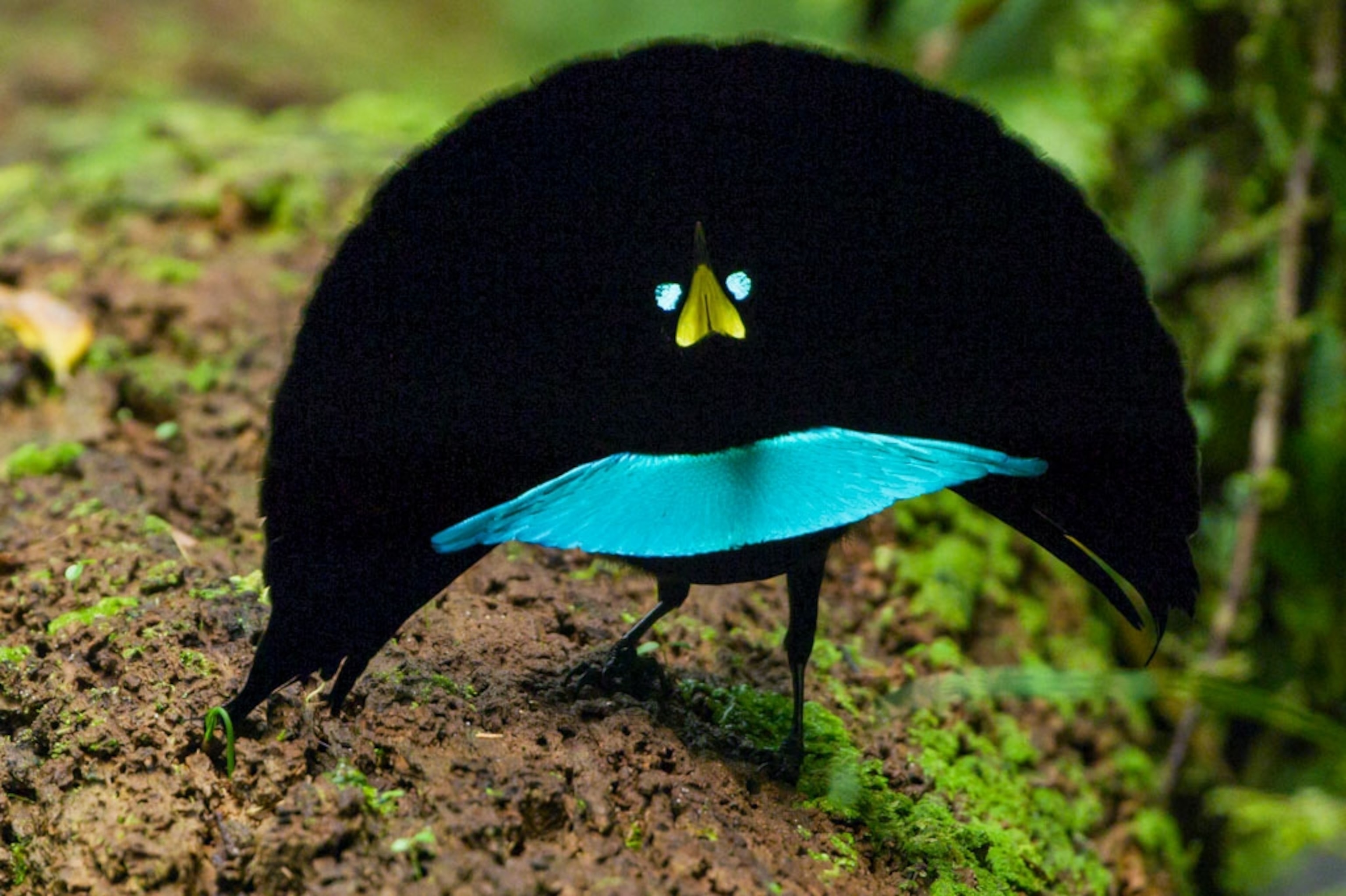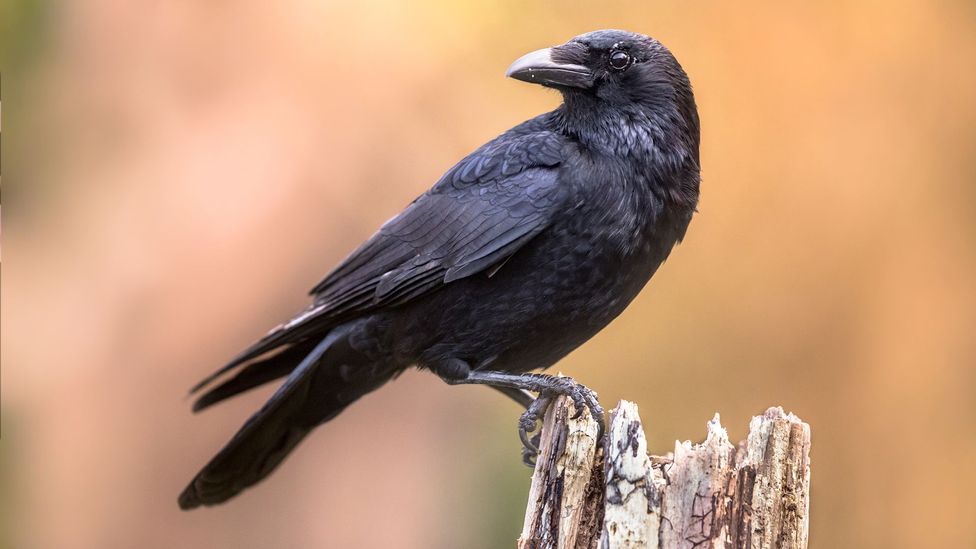The Mystery of the Mimic Birds: Species that Perfectly Imitate Other Sounds
The world of birds is filled with an incredible array of species, each with their own unique behaviors and characteristics. Among these, the mimic birds stand out as some of the most fascinating and elusive creatures in the avian kingdom. From the mesmerizing lyrebird to the enchanting mockingbird, these birds possess a remarkable ability to flawlessly imitate a wide range of sounds, from other bird calls to human noises and even mechanical sounds. The mystery surrounding these masterful mimics has captured the imagination of scientists and bird enthusiasts alike, leaving us questioning how they developed such extraordinary talents and what purpose it serves in their survival.
The Thriller of the Mimic Birds: Species that Completely Imitate Different Sounds
Once we consider birds, we regularly think about their melodious songs filling the air. However do you know that some chicken species have the unbelievable capacity to imitate different sounds? These avian impersonators can imitate not solely the calls of different birds but in addition a variety of sounds from their setting, together with human speech, musical devices, and even equipment. Let’s dive into the fascinating world of mimic birds and discover the mysteries behind their extraordinary expertise.
The Masters of Mimicry
One of the well-known mimic birds is the Northern Mockingbird (Mimus polyglottos), present in North America. This chicken is understood for its exceptional capacity to mimic the songs of different birds, typically incorporating them into its personal repertoire. The Northern Mockingbird can mimic over 200 totally different chicken species, in addition to different sounds it encounters in its setting.
One other notable mimic chicken is the Excellent Lyrebird (Menura novaehollandiae) from Australia. This chicken shouldn’t be solely a grasp of mimicry but in addition an distinctive performer. The male lyrebird can imitate a variety of sounds, together with the calls of different birds, the barking of canine, and even the sound of a chainsaw. Its capacity to imitate human sounds is so correct that it might reproduce complete conversations.
The Science Behind Mimicry
The flexibility of mimic birds to mimic sounds is a results of their advanced vocal anatomy and studying capabilities. These birds have specialised vocal muscle mass and a extremely developed syrinx, the vocal organ distinctive to birds. This permits them to provide a variety of sounds with nice precision.
Mimicry in birds is primarily a discovered conduct. Younger birds study to imitate sounds by listening to the vocalizations of their mother and father and different birds of their setting. They begin by imitating easy sounds and regularly refine their abilities over time. The method of studying and perfecting mimicry can take a number of years.
Why Do Birds Mimic?
The explanations behind mimicry in birds are nonetheless not totally understood. Nonetheless, researchers have proposed a number of theories to clarify this fascinating conduct:
- Mating Benefit: Mimicry might function a means for male birds to draw mates. By showcasing their vocal prowess and skill to mimic a wide range of sounds, they exhibit their health and genetic high quality.
- Territorial Protection: Some birds use mimicry to defend their territory. By imitating the calls of different chicken species, they create confusion and deter potential intruders.
- Foraging Advantages: Mimicry can even present birds with foraging benefits. By imitating the calls of different chicken species, they will deceive their prey and improve their possibilities of capturing meals.
Unveiling the Mysteries
Whereas we have now made vital progress in understanding the science behind mimicry in birds, there are nonetheless many mysteries to unravel. Researchers proceed to review these exceptional creatures to realize additional insights into their vocal skills, studying processes, and the evolutionary benefits of mimicry.
One intriguing space of analysis is the research of vocal dialects in mimic birds. Similar to human accents, some chicken populations have distinct regional dialects. Scientists are investigating whether or not mimic birds imitate the dialects of the species they mimic, or if they’ve their very own distinctive dialects.
Conclusion
Mimic birds are actually nature’s impersonators, charming us with their capacity to imitate an enormous array of sounds. From the Northern Mockingbird to the Excellent Lyrebird, these avian performers proceed to amaze and intrigue researchers and chicken lovers alike. By means of their mimicry, they remind us of the unbelievable variety and complexity of the pure world.
As we delve deeper into the mysteries of mimicry, we acquire a higher appreciation for the intricate vocal skills and studying capabilities of those birds. Their mimicry serves as a testomony to the wonders of evolution and the exceptional diversifications which have allowed them to thrive of their environments.
So, the following time you hear a chicken singing, take a second to pay attention intently. Who is aware of, it would simply be a mimic chicken, enchanting you with its repertoire of sounds.
Q&A
Q: Can all chicken species mimic sounds?
A: No, not all chicken species have the power to imitate sounds. Mimicry is extra generally noticed in sure chicken households, such because the thrushes, mockingbirds, and lyrebirds.
Q: Are mimic birds born with their mimicry skills?
A: No, mimic birds study to imitate sounds over time. They begin by imitating easy sounds and regularly refine their abilities by means of observe and studying from different birds.
Q: Can mimic birds imitate human speech precisely?
A: Sure, some mimic birds, just like the Excellent Lyrebird, can imitate human speech with exceptional accuracy. They will reproduce complete conversations and mimic a variety of human sounds.
Q: Do mimic birds solely imitate sounds from their setting?
A: Mimic birds primarily imitate sounds from their setting, together with the calls of different birds, however they will additionally imitate a wide range of different sounds, reminiscent of musical devices, equipment, and even automobile alarms.
Abstract
Mimic birds possess a unprecedented expertise for imitating a variety of sounds, together with the calls of different birds, human speech, and varied environmental noises. Species just like the Northern Mockingbird and the Excellent Lyrebird showcase their mimicry abilities, charming researchers and chicken lovers alike. The science behind mimicry lies of their specialised vocal anatomy and studying capabilities. Whereas the explanations for mimicry are usually not totally understood, theories recommend that it could present mating benefits, assist in territorial protection, and improve foraging success. Unraveling the mysteries of mimicry continues to be an enchanting space of analysis, with research specializing in vocal dialects and evolutionary benefits. Mimic birds remind us of the unbelievable variety and complexity of the pure world, highlighting the wonders of evolution and adaptation.




Post Comment